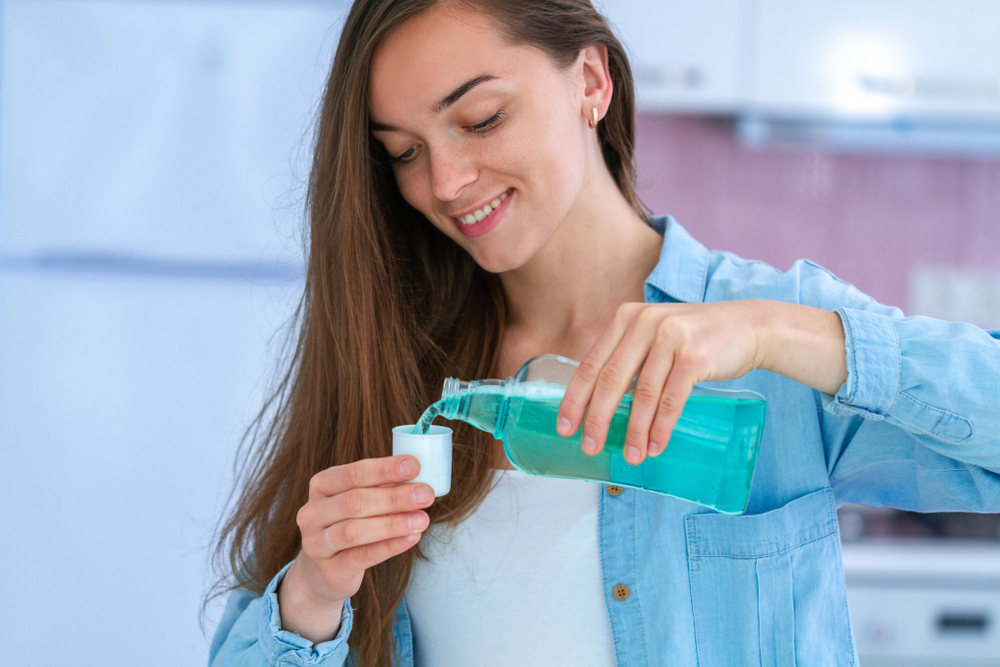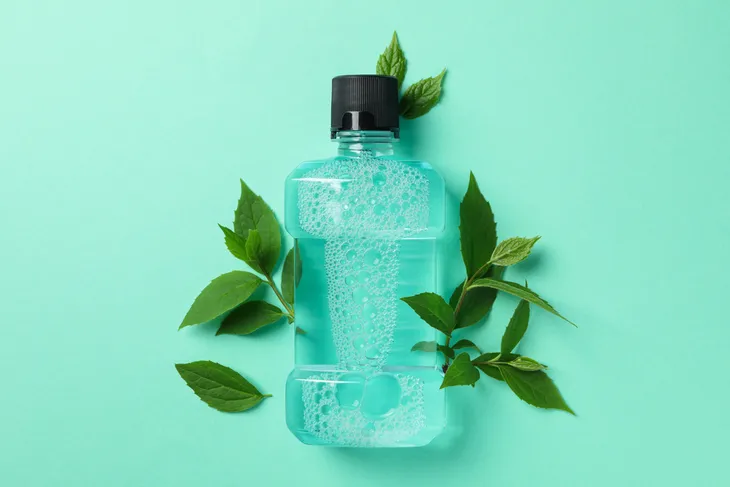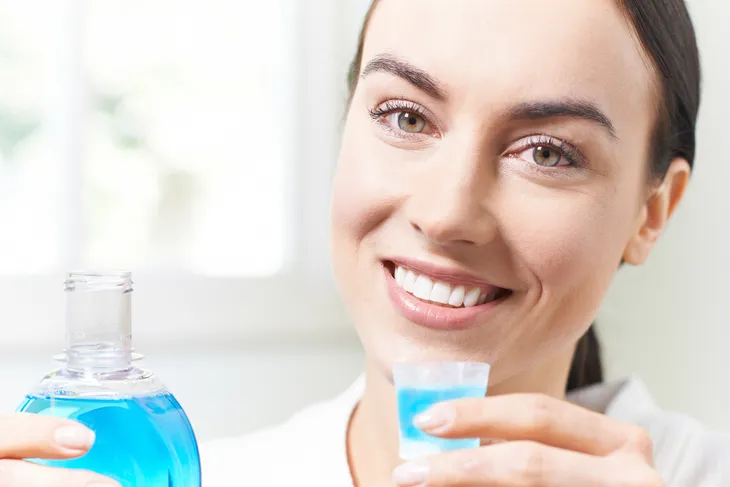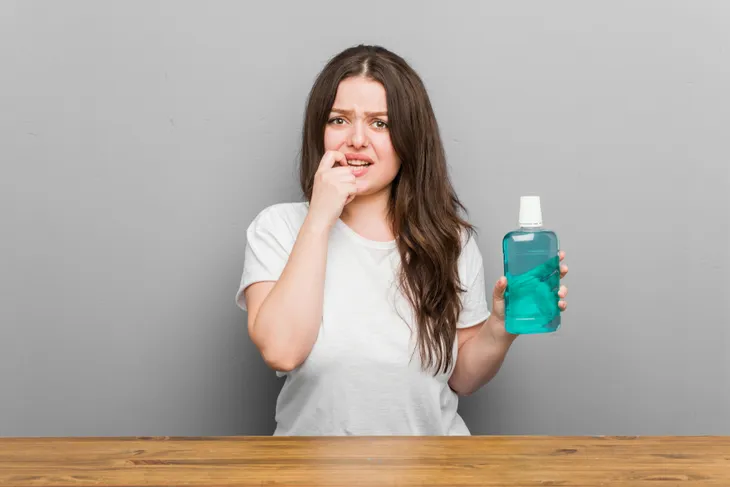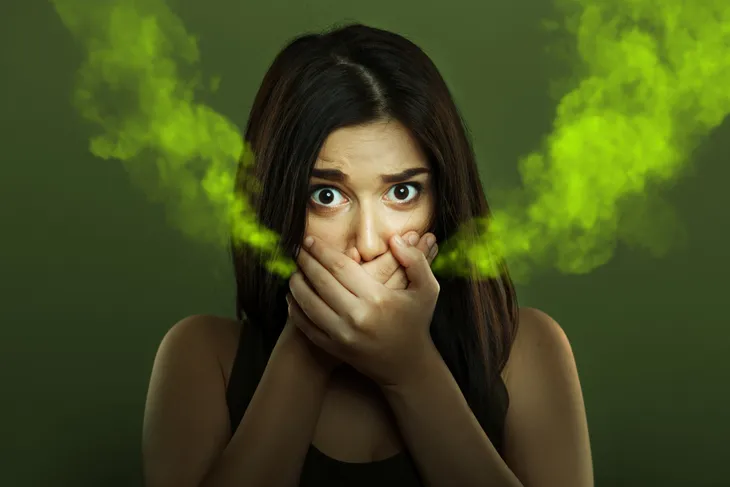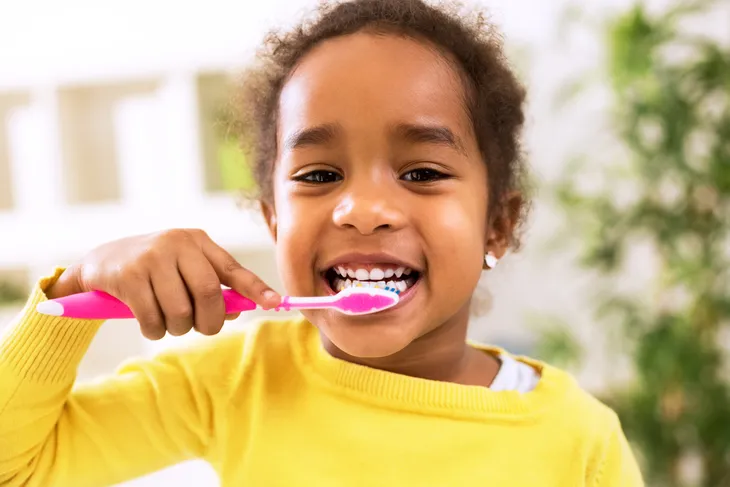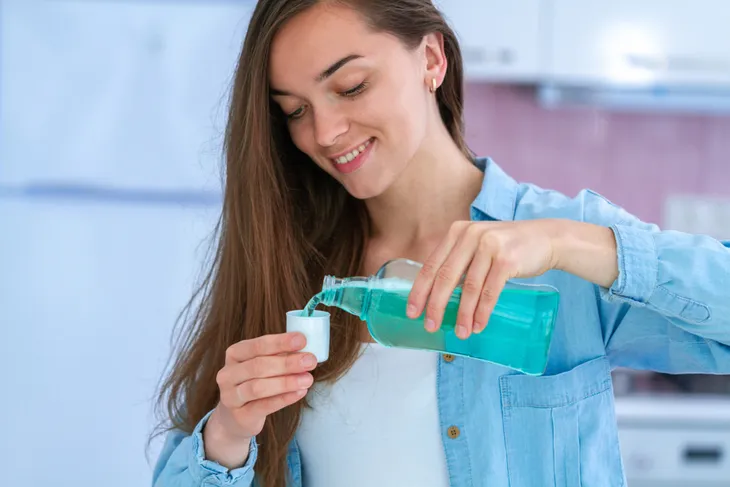Nothing quite compares to the fresh feeling you get in your mouth after using mouthwash. Many individuals use mouthwash as a part of their regular oral hygiene regimen. After all, it keeps your breath fresh and provides extra protection by getting rid of bacteria. Or does it? Not all types of mouthwash are created equal!
While there are certainly many advantages to using mouthwash, there are also a few disadvantages you should be aware of. Today, we’ll take a closer look into the different types of mouthwash, how and when to use them as well as the pros and cons of using mouthwash. Let’s dive in!
Types of Mouthwash
The first thing we need to uncover is there are different types of mouthwash and not all types are created equal. The main types of mouthwash are fluoride, antiseptic, natural, dry mouth, and cosmetic.
First, fluoride mouthwash contains sodium fluoride which may help prevent cavities and tooth decay. Next, antiseptic mouthwash contains alcohol which can help fight bacterial growth and assist in getting rid of bad breath.
Further, natural mouthwash is a holistic approach that is alcohol-free and contains more gentle, natural ingredients. Next, dry mouth mouthwashes help keep your mouth moist and help prevent tooth decay. Finally, the sole purpose of a cosmetic mouthwash is to mask bad breath.
How to Choose the Right Mouthwash for You
Now that we have a basic understanding of the different types of mouthwash how do you choose the right one for you? The first thing to do is consider your oral health goals.
If your goals are simply to mask bad breath, then a cosmetic mouthwash is all you need. In contrast, Healthline explains taking certain medications may produce dry mouth as a side effect which in that case you’ll want a mouthwash designed for dry mouth.
Further, if your goals are to help reduce plaque buildup, prevent gingivitis, and other oral conditions, then a mouthwash containing bacteria-fighting ingredients may be best for you. Finally, you should consider choosing a mouthwash with an ADA Seal of Acceptance which tells you it’s been tested for effectiveness.
The Benefits of Mouthwash
Choosing the right mouthwash will make all the difference in ensuring it provides the right benefits for you! One main benefit of mouthwash is it may be able to clean parts of your mouth that you miss while brushing and flossing. There are plenty of other benefits too! Let’s take a look at these next.
Pro: Mouthwash Helps Prevent Gum Disease
If bacteria or plaque remains on the teeth, your gums and tooth sockets can get inflamed or even infected. Thankfully, some types of mouthwash can help prevent periodontal disease (like gingivitis).
If preventing gum disease is your main goal, be sure to choose an antibacterial mouthwash. Look for ingredients like alcohol or chlorhexidine.
Pro: Soothes Canker Sores
Canker sores are a common type of mouth sore and even though they’re not contagious, they can be quite painful. They’re typically small lesions that develop on the soft tissues in your mouth. Common causes include emotional stress, a minor injury in the mouth, food sensitivities, and more.
Luckily, some types of mouthwash may be able to soothe your canker sore. Just be sure to choose an antiseptic mouthwash to help reduce the bacteria in your mouth.
Pro: Helps Prevent Cavities
Mayo Clinic explains, “Cavities are permanently damaged areas in the hard surface of your teeth that develop into tiny openings or holes.” While they’re most common in children, teens, and older adults, they can happen to anyone who has teeth. If left untreated, they can grow larger which can lead to severe pain and even tooth loss.
Practicing proper oral hygiene, including brushing your teeth and flossing regularly is essential if you want to help prevent cavities. But mouthwash can help prevent cavities too. The best type of mouthwash to help prevent cavities is one that contains fluoride.
The Risks of Mouthwash
While there are certainly many benefits to using mouthwash, there are a few risks you should be aware of. Next, let’s take a look at some of the cons of using mouthwash!
Con: Can Irritate Canker Sores
As mentioned earlier, some types of mouthwash can help soothe a canker sore. That said, in some cases, mouthwash can irritate the canker sore instead. This can happen when the alcohol content of the mouthwash is too high.
If you do find that your mouthwash is irritating the canker sore, then a simple saltwater rinse may suffice. If both remedies don’t work, speak with your doctor. They will be able to advise the best treatment.
Con: May Only Mask Bad Breath
Choosing the wrong type of mouthwash can make all the difference in its effectiveness. If your goal is to take care of your oral health and help prevent conditions like gum disease, then choosing a cosmetic mouthwash won’t help.
Some mouthwash’s sole purpose is to only mask bad breath. These types of mouthwash don’t contain any bacteria-fighting ingredients. Just be sure to read the ingredients label.
Con: Can Be Harmful to Children
Finally, another risk of mouthwash is that it can be harmful to children. Some types of mouthwash contain a high volume of fluoride and alcohol. These ingredients should not be ingested which is why the American Dental Association doesn’t recommend mouthwash for children under age 6.
When and How to Use Mouthwash
If you want to obtain the best results from a mouthwash, then the appropriate time to use it is after brushing and flossing. Keep in mind mouthwash should not be used as a replacement for brushing and flossing but instead, is an added tool in your oral hygiene regimen. Further, most types of mouthwash recommend that you use them twice a day.
To use mouthwash properly, and effectively, first, brush and floss your teeth. Then measure out the proper amount of mouthwash which should be indicated on the bottle. Next, swish it around in your mouth, and don’t forget to gargle for at least 30-seconds! Finally, spit the mouthwash out into the sink — never ingest it.
